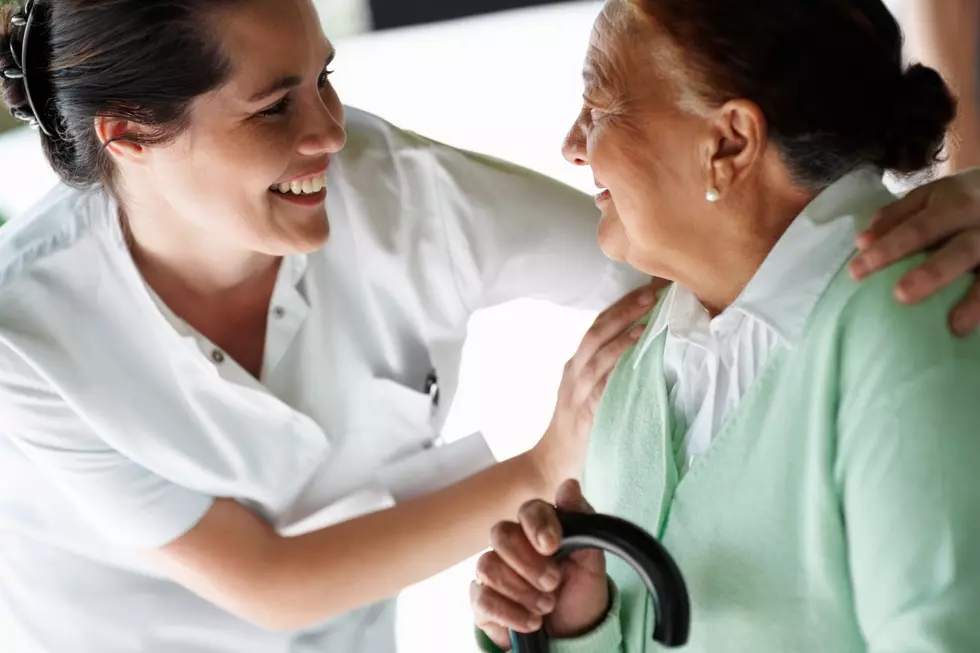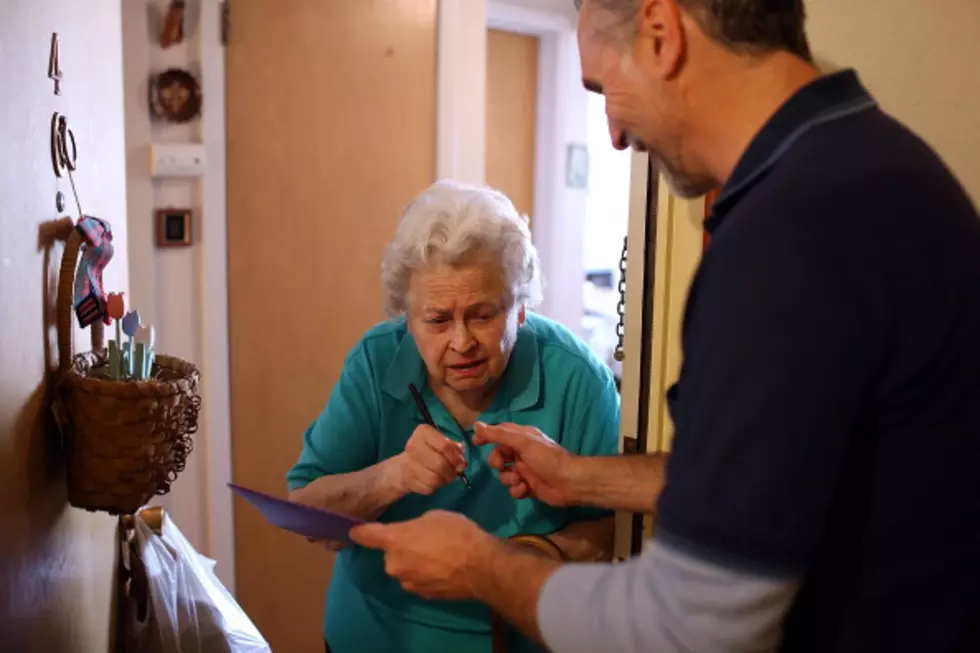
New law gives boost to New Jersey caregivers
Currently in New Jersey, 1.7 million residents are caring for aging parents or a loved one at home. As of Tuesday, the Garden State became the second in the nation to enact the Caregiver, Record, Enable -- or CARE -- act, which is a law designed to provide support for these family caregivers so their loved ones can receive the best possible care and, in most cases, keep them at home.
"If you were to add up all of the unpaid care that people provide to their loved ones, it would equal $13 billion a year," said Elaine Ryan, vice president of government affairs at AARP. "We think that number could be even higher because many people don't identify themselves to be a family caregiver. They see themselves as a husband or a wife or a son or a daughter or a loved one caring for a loved one so they often don't give themselves the title."
According to Ryan, the average family caregiver is a 49-year-old female providing at least 20 hours of family caregiving in addition to working a full-time job.
"So, people have talked about a sandwich generation. It's more like a club sandwich generation where women are not only caring for their children, but for their parents," Ryan said. "More and more families are doing much more than driving loved ones to doctor's appointments. They are providing hands-on care and half of them are providing some kind of medical task that, at a time, would've only been performed by a medical professional. So, they need this support."
Cost is another issue. It can be $100,000 per year for a nursing home stay.
"Most people want to stay in their homes for as long as they can. But, the current system doesn't provide support for that to be possible, so families are often the ones stepping in at great cost to their own finances," Ryan said.
So far, the CARE Act has been passed in 10 states and is pending in 28 states. The measure requires hospitals to take the following three actions to help caregivers:
- Identify a designated family caregiver when a patient is admitted;
- Notify the caregiver when the patient is to be moved or discharged;
- Provide that caregiver with adequate instruction for the care of the patient following the patient's discharge from the hospital
"It's important for the family caregiver to be kept apprised of any medical conditions during a hospital stay. Notification prior to discharge is also important because it allows the caregiver to have the house in order, the prescriptions picked up and food in the refrigerator," Ryan said. "Today people are taking care of wounds, they're giving injections and they're managing medications. Getting instructions on how to do that is vital."
The CARE Act applies to anyone regardless of age who is in an acute care hospital in New Jersey.
More From New Jersey 101.5 FM









